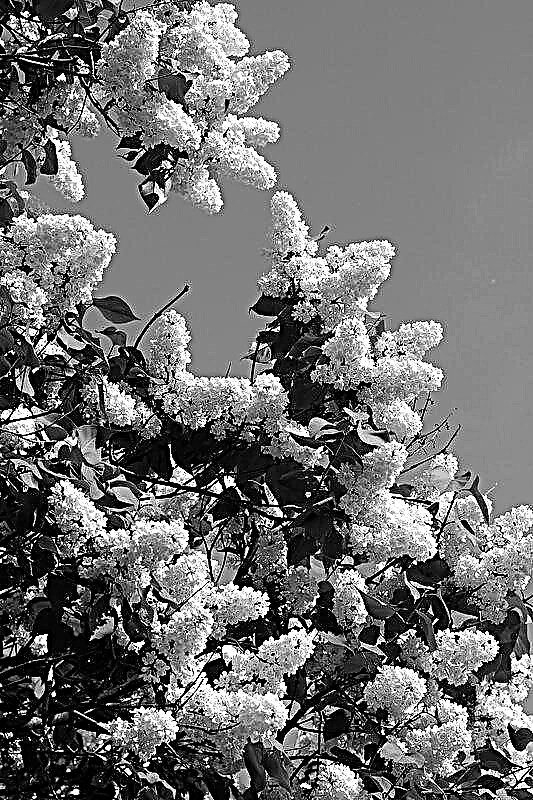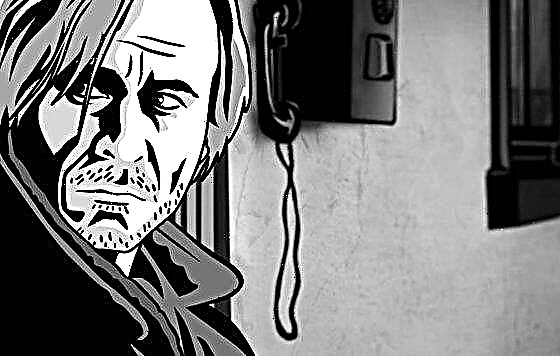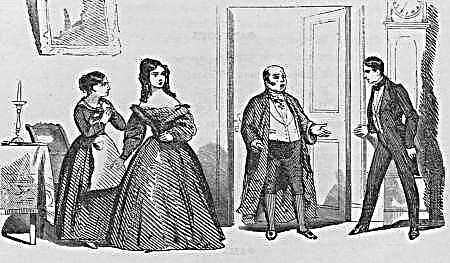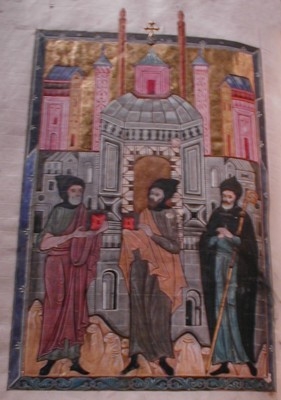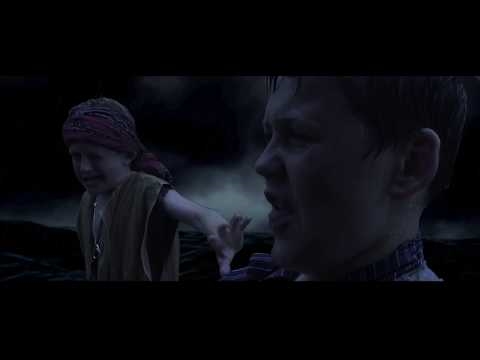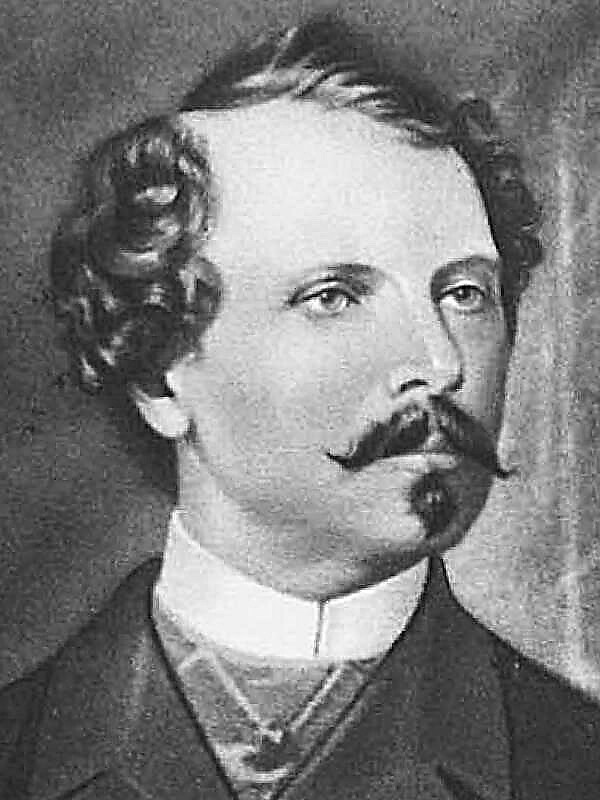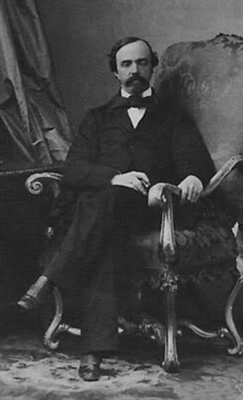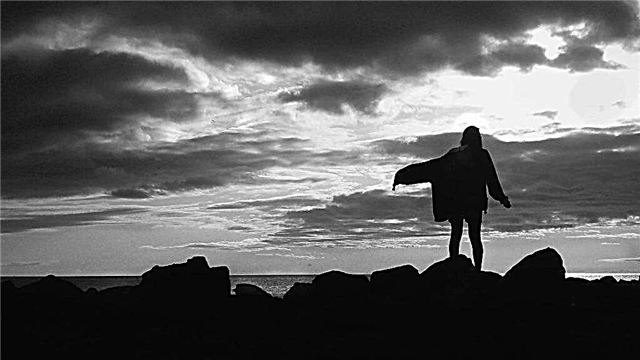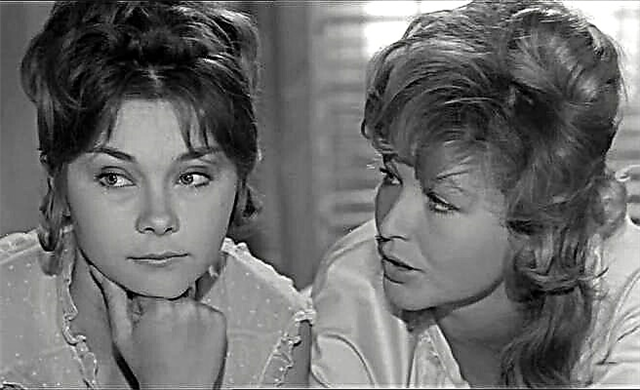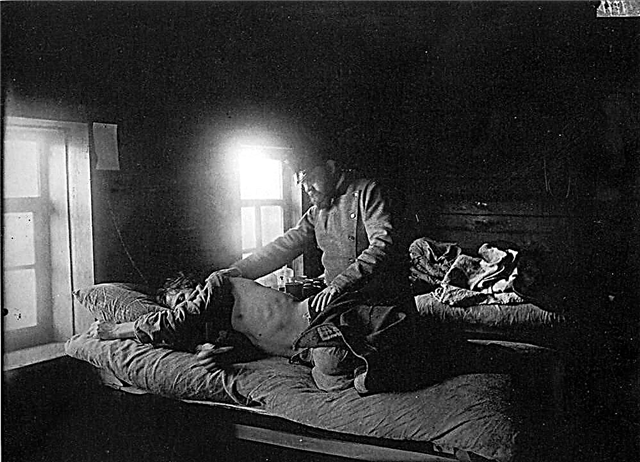The work “Bezhin Meadow” is included in the well-known series of stories “Notes of the Hunter”, which first began to be published in the journal Sovremennik in 1847. Turgenev showed the public the peasant estate in a new light, forcing readers to voluntarily think about the fate of these ordinary people. The name of the cycle itself reveals in detail the content of all the works that make up it, but the semantic load of each of them deserves special attention.
History of creation
The incentive to create "Notes of the hunter" was for Turgenev his acquaintance with the literary critic V. G. Belinsky. He inspired Ivan Sergeyevich to this work, which later became the starting point in involving readers in the life of peasants and their way of life.
Spending the summer in the village, Turgenev himself penetrated deeper into the lifestyle of ordinary people, observed and made notes. “Bezhin meadow”, in particular, in the words of the author reveals the personality, characters and thinking of peasant children.
First, Turgenev, devoting all his free time to talking with peasants and their children, along the way created a draft of his observations, periodically making many amendments and additions. And in 1851, the story was completed and fully published in Sovremennik.
Genre, direction
The series “Notes of the Hunter” is a collection of stories, and the genre of this work, respectively, is a story whose narrative character, according to the literary definition, reveals a specific episode.
It would seem that I. S. Turgenev is a vivid representative of realism in 19th-century literature. However, in his story “Bezhin Meadow” notes of romanticism can be traced. Feelings of the main characters are inextricably linked with the description of nature, they are constantly echoing. Moreover, some natural phenomena have a clear fairy-tale implication, perhaps based on myths, however, upon reading, there is a disturbing pressure of the atmosphere around. This condition is bordered by the author's presentation of his memories. This is expressed by describing the appearance of the main characters. Thus, the features of poetry appear in the story.
Essence
The narration is conducted on behalf of the author, and here is what he says: the narrator, having gone hunting with his dog, got lost in the forest. Wandering before dark, he found himself at a ravine, under which he saw a plain. In those places, it was known as Bezhin meadow. Through the gloom of the night, the hunter noticed several people scurrying around the bonfires. Going down to them, I realized that they were peasant boys of different ages, there were five in all. The guys guarded the grazing herd of horses at night. The author asked to spend the night with them in the field, saying that he was lost. At first the boys were wary of the night guest, but talked a little with him, and after that they sat by the fire and were silent for a while. There were two big dogs with them.
The author lay down under a bush a little distance from the children and, until he fell asleep, watched them. The boys alternately told each other the old village tales and legends, emotionally shared their experiences on this subject. Some stories from their lips sounded rather frightening and ominous. And the words of one of them that everything in everyone’s life is predetermined, and no one will pass their fate, hung in a heavy load in the warm night air, forcing the heroes to remain silent for a while and think.
The guys told each other amazing stories about brownie, goblin and water, recalling the tragic finale of some of them. As a result, one of the boys suffered a sad outcome: in the same year he died, falling from a horse. We learn about this from the author, when he had already left his accidental overnight, in the morning nodding goodbye to that very guy. We wrote more about the plot in summary, there are described the main events from the story.
The main characters and their characteristics
The author alternately introduces readers to the boys, giving everyone a name. So, there were five of them: Fedya, Pavel, Ilya, Kostya and Vanya.
- Fedya he looked the oldest of them, about fourteen years old. According to his appearance and features of behaving himself, the narrator suggests that the boy is from a wealthy family, and he spends the night in the field with a herd just for fun. In Fed, one feels confidence and a desire to behave with the rest of the guys as an elder.
- Another boy Pavlush, is the exact opposite of the former with respect to its origin. He is poorly dressed, but immediately evokes the sympathy of the author. Pavel was responsible for the pot soup, he was well versed in river fish and stars in the sky. In addition, the boy turned out to be very brave: not afraid, he alone ran at night into the depths of the forest for a predatory beast. And having returned, he told how, leaning towards the river, he heard the call of the waterman. But, not being superstitious by nature, Paul said that he was a fatalist, believes only in fate. Readers learn about his sad and sudden death at the end of the story.
- Ilya, compared with Paul, was cowardly. He was frightened by a friend's tale of a waterman. He looks about twelve years old. The author describes him as a neat peasant boy, hardworking and firmly believing in all folk signs.
- Kostya, a boy of about ten, was dressed poorly, had a thoughtful and at the same time sad look. The author considered in his gaze the desire to express some of his thoughts, but it seemed that the boy did not find words for their expression, which is why he was sad.
- The youngest of the seven-year-olds turned out to be the most silent. Vania. He only occasionally raised his head, curled up under a mat. The author does not describe his appearance, but reports other important characteristics of the boy. Vanya is observant, dreamy, sensitive and emotional. This becomes apparent from his admiration for the starry night sky and nature in general.
Turgenev anxiously described the boys, admiring their temper, industriousness, endurance from early childhood and the formed look at the outside world.
Themes and Issues
- The main theme of the story - The theme of nature, as well as its unity with people. The author pays special attention to the description of the nature of those places where events take place, using many bright and sonorous epithets. Nature emphasizes the emotions and feelings of his heroes, reveals them. It is in the harmony of man and the environment that Turgenev sees the foundation of all life, and in children - the future. The writer emphasizes how important it is from childhood to cultivate a love of work in children, a love for one's neighbor, and speaks of the importance of teamwork and mutual assistance. And all this against a background of respect for nature.
- A separate line can be highlighted topic of folk beliefswill take and evil spirits. The author emphasizes how firmly the belief in the existence of the supernatural sits in the minds of the villagers. However, the pragmatically inclined Pavlush stands out against the general background. Despite the fact that he clearly heard the voice of a waterman, addressed to himself, the boy confidently declared his position as a fatalist.
- Harmonious interaction of man and nature is also a problem of the story “Bezhin meadow”. You can also highlight the problem of the child's soul, child psychology and worldview. The author tried to encourage readers to relate to peasant children with love and tenderness, to think about their future fate on the example of Paul. Through the images of five children, Turgenev showed how subtly simple peasant boys can feel nature, carefully manage its gifts, how rich their spiritual world is.
The main idea
The author non-obviously discusses the peasant estate, arousing interest in ordinary people as the most hardworking, honest and open. He points to the fact that they deserve no less respect than adherents of other sections of the population. Indeed, respect and love should not be partners in life on the basis of origin, but as a gift for merit, this is the meaning of the story.
Spending a lot of time with peasants and their children, Turgenev became convinced of how hardy and diligent people are, from an early age accustomed to work and discharge their duties, how soulful and deep people some of them may turn out to be. The author tried to convey this idea to his readers.
The main idea of the story is a writer's message about responsibility for one’s life and lack of gloom. Indeed, despite all the hardships of peasant life, these five children found their joys. To drive a herd of horses overnight in the field for them was a kind of adventure. Talk of evil spirits brought the boys together, preventing them from thinking about fatigue. And the opportunity to be in the bosom of mother nature is for them the most significant reward for work.
What does it teach?
The story teaches the creation of feelings of love and respect for nature, the ability to understand and protect it. An important aspect of this is that nature itself equalizes all people, not dividing them into classes. Developing a respectful attitude towards people is the key to a happy and harmonious life. Moreover, it can be full-fledged and without basic material wealth. To accept this thought, the author hints at the importance of gaining the ability to notice beauty and joy in small things. This is the conclusion that can be drawn from reading this book.
Also, the moral of the story is that nature and work bring people together and make their inner world richer. Heroes are still quite children, but they are already discussing such serious subjects as fate. This means that for the full development of a person, responsible work and the ability to comprehend beauty through communication with nature are enough for a person.

